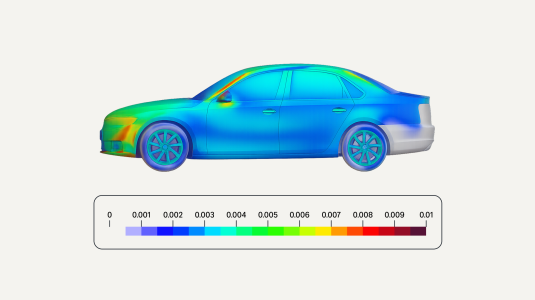Customer-obsessed science


Research areas
-
September 26, 20259 min readTo transform scientific domains, foundation models will require physical-constraint satisfaction, uncertainty quantification, and specialized forecasting techniques that overcome data scarcity while maintaining scientific rigor.
-
-
September 2, 20253 min read
-
-
August 21, 20257 min read
Featured news
-
KDD 2024 Workshop on Generative AI for Recommender Systems and Personalization2024Retrieval Augmented Generation (RAG) is a technique used to augment Large Language Models (LLMs) with contextually relevant, time-critical, or domain-specific information without altering the underlying model parameters. However, constructing RAG systems that can effectively synthesize information from large and diverse set of documents remains a significant challenge. We introduce a novel data-centric
-
KDD 2024 Workshop on GenAI Evaluation2024Large language models (LLMs) have demonstrated remarkable capabilities in natural language processing tasks. However, their practical application in high-stake domains, such as fraud and abuse detection, remains an area that requires further exploration. The existing applications often narrowly focus on specific tasks like toxicity or hate speech detection. In this paper, we present a comprehensive benchmark
-
KDD 2024 Workshop on GenAI Evaluation2024The increasing use of Retrieval-Augmented Generation (RAG) systems in various applications necessitates stringent protocols to ensure RAG systems’ accuracy, safety, and alignment with user intentions. In this paper, we introduce VERA (Validation and Evaluation of Retrieval-Augmented Systems), a framework designed to enhance the transparency and reliability of outputs from large language models (LLMs) that
-
VLDB 20242024Forecasting extrapolates the values of a time series into the future, and is crucial to optimize core operations for many businesses and organizations. Building machine learning (ML)-based forecasting applications presents a challenge though, due to non-stationary data and large numbers of time series. As there is no single dominating approach to forecasting, forecasting systems have to support a wide variety
-
2024We present Diffusion Soup, a compartmentalization method for Text-to-Image Generation that averages the weights of diffusion models trained on sharded data. By construction, our approach enables training-free continual learning and unlearning with no additional memory or inference costs, since models corresponding to data shards can be added or removed by re-averaging. We show that Diffusion Soup samples
Collaborations
View allWhether you're a faculty member or student, there are number of ways you can engage with Amazon.
View all














































